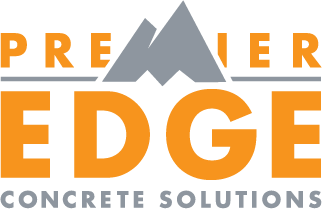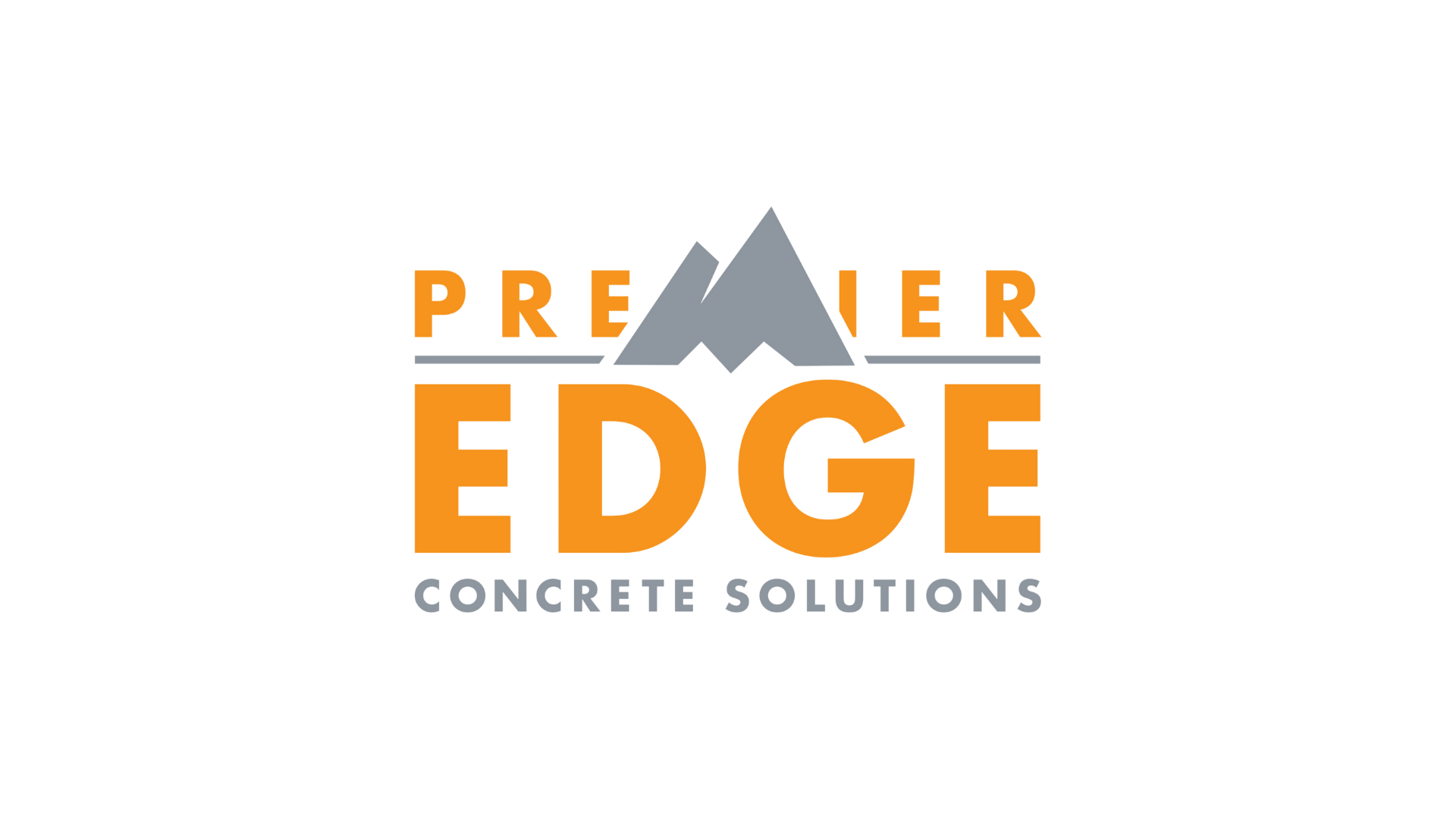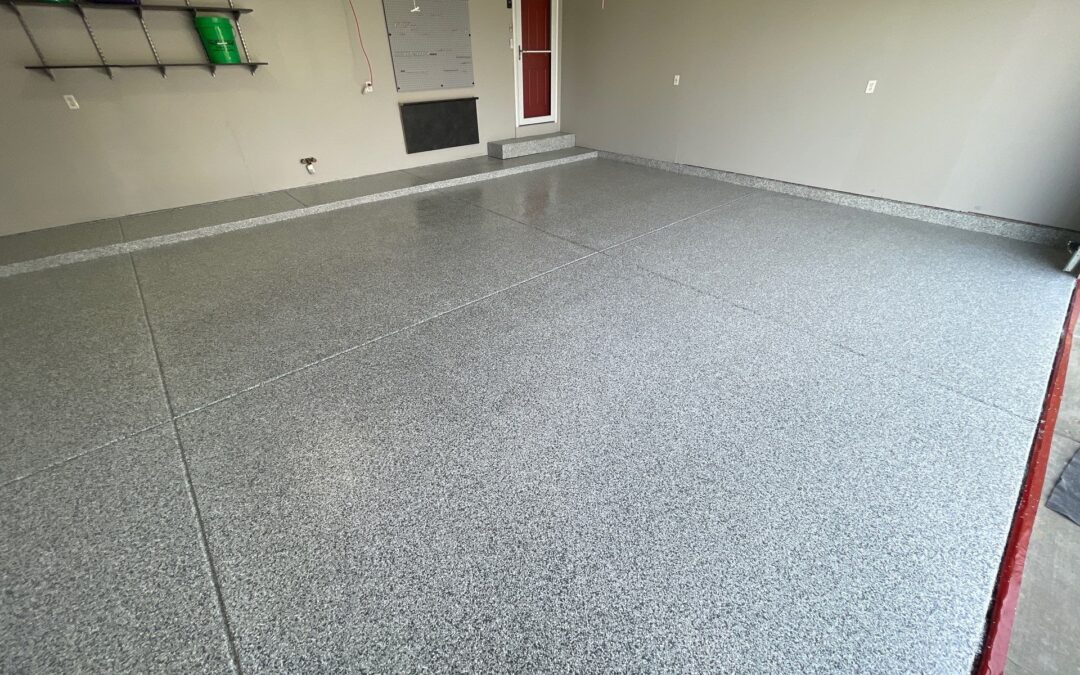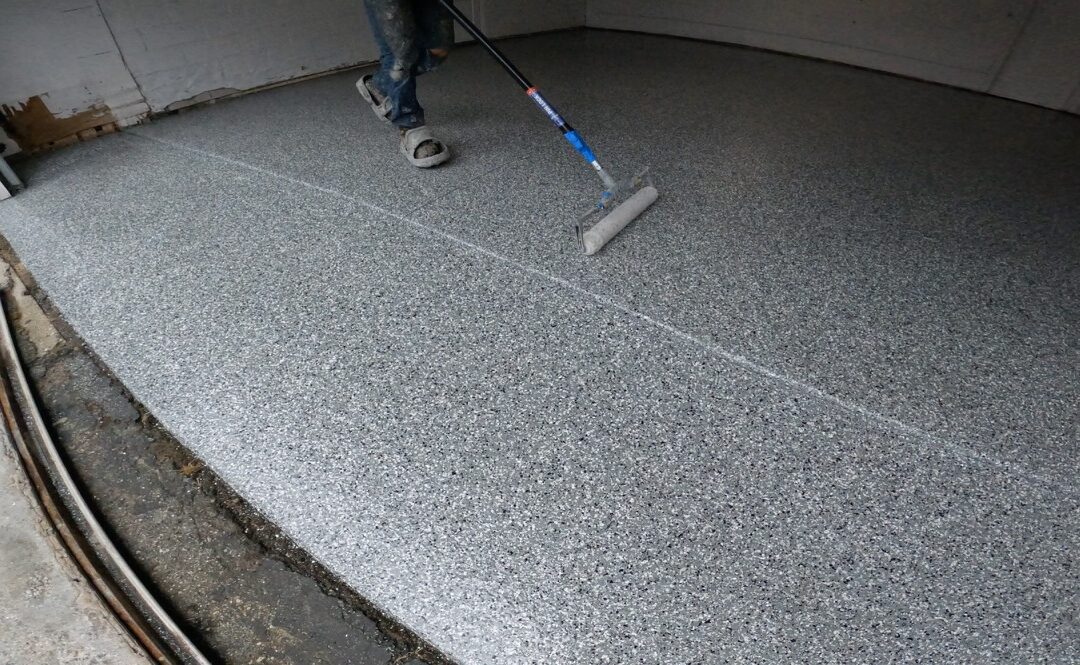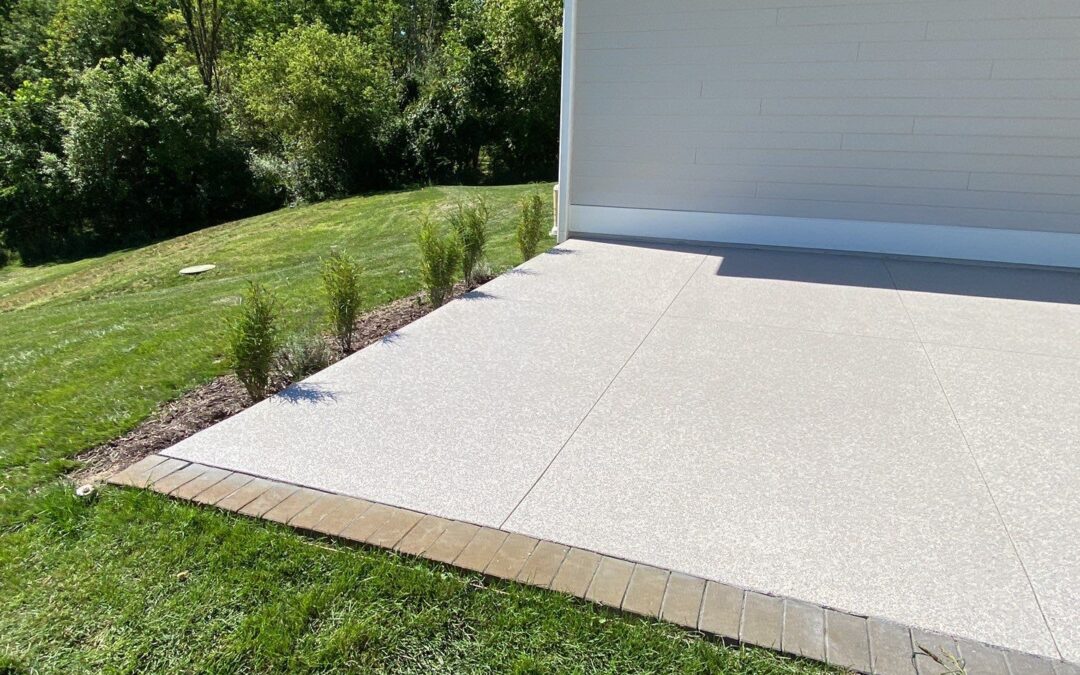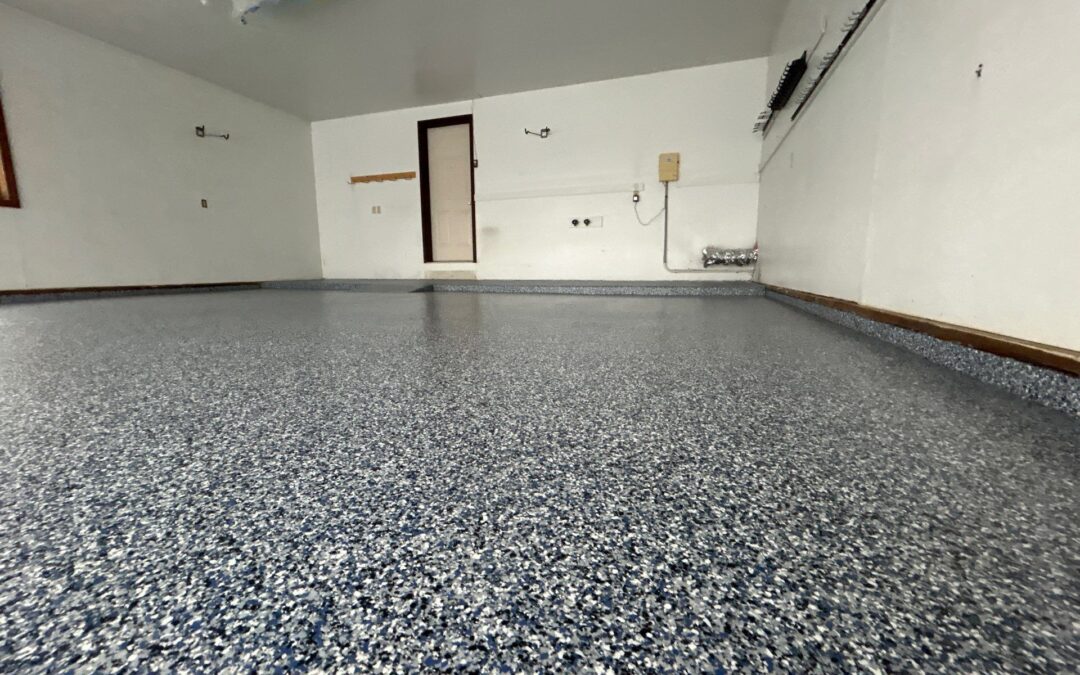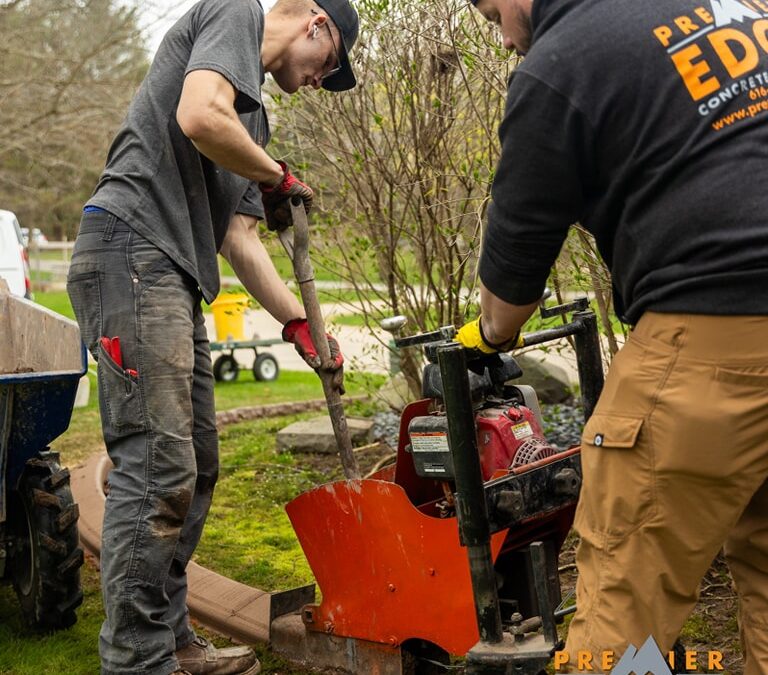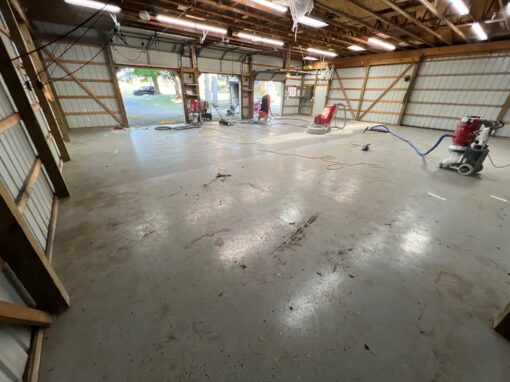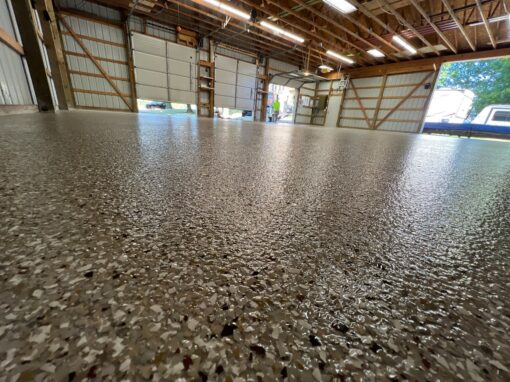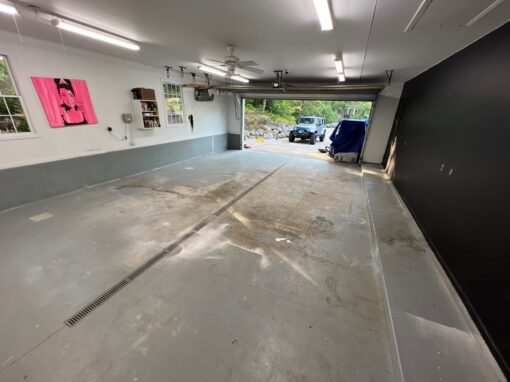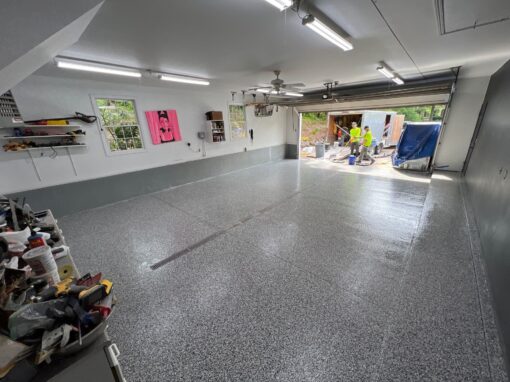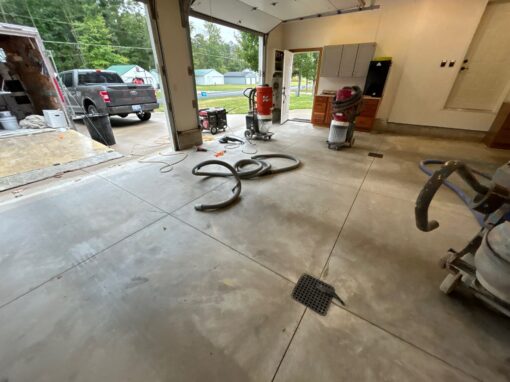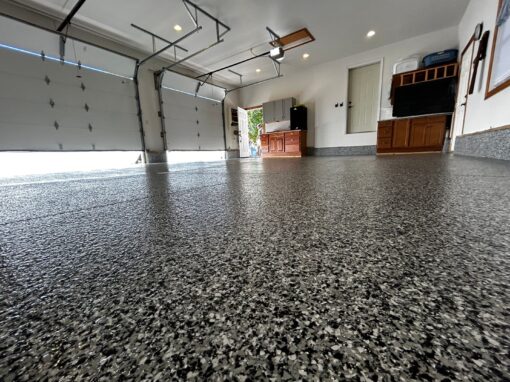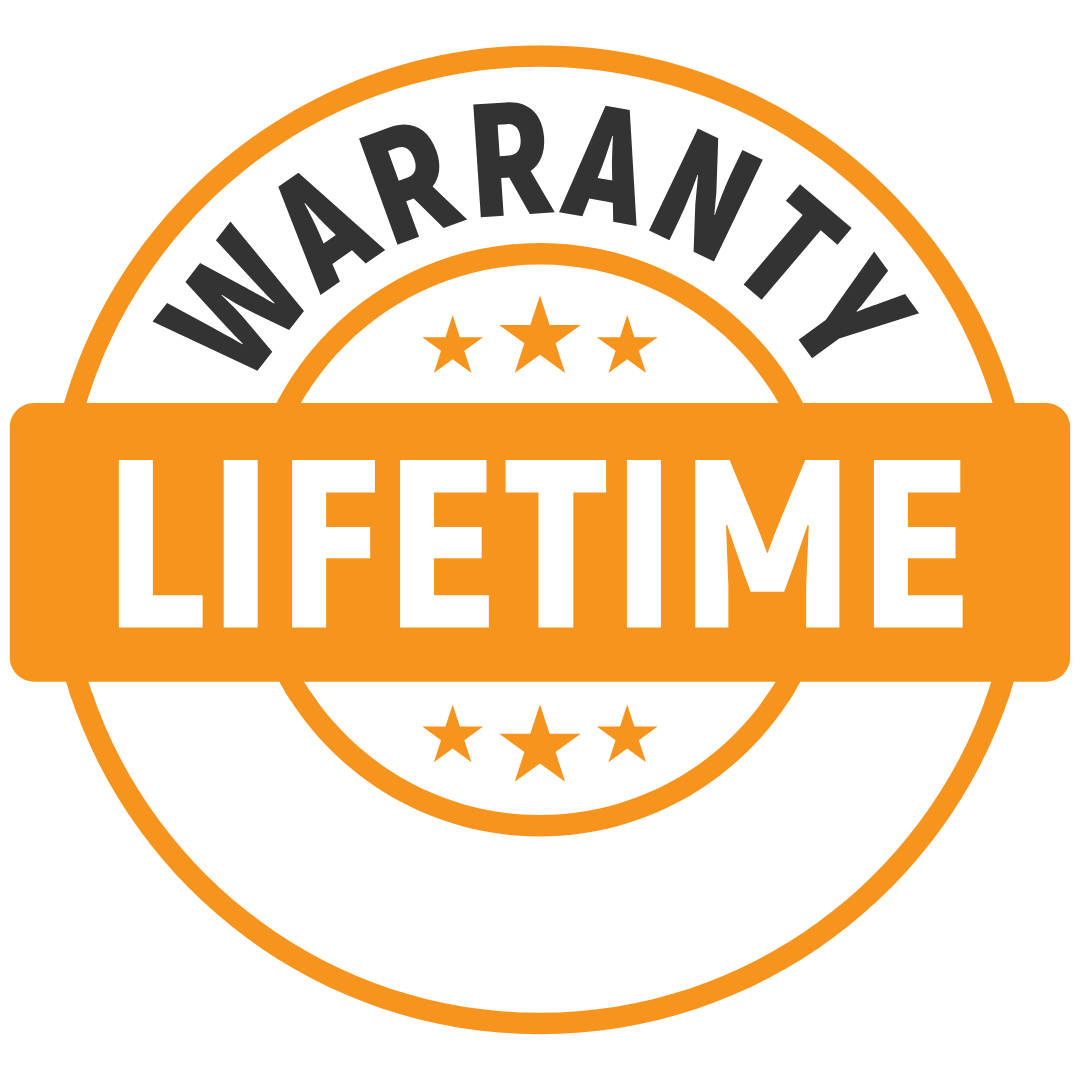A Comprehensive Guide to Choosing Garage Floor Sealer
Are you tired of seeing cracks and stains on your garage floor? Do you want to protect it from the wear and tear of everyday use? Look no further, because in this comprehensive guide we will take a deep dive into the world of garage floor sealers. Whether you are a homeowner looking for ways to enhance your garage space or an entrepreneur searching for the best sealing options for commercial use, this blog post is tailored just for you. With so many types of sealers available in the market, selecting the right one can be overwhelming and confusing. But fear not, as we have done extensive research and gathered all the relevant information to make your search easier. So sit back, relax, and let’s explore everything there is to know about choosing the perfect garage floor sealer.
Understanding the Purpose of Garage Floor Sealers and Their Benefits
Garage floor sealers serve a vital role in maintaining the integrity and aesthetics of your garage floor. They act as a protective shield, warding off potential damage from spills, stains, and the continuous pressure of vehicle weight. This durability is a key advantage of using sealers, prolonging the life of your floor, reducing maintenance costs, and ultimately saving you money.
Beyond its practical benefits, a well-sealed garage floor can significantly enhance the aesthetic appeal of your space. Sealers can provide a glossy finish that elevates the look of your garage, making it more than just a storage room or parking area. Moreover, a professionally sealed and polished garage floor can increase your property’s overall value, making it a smart investment for homeowners and entrepreneurs alike.
Lastly, many garage floor sealers also offer resistance to mold and mildew, ensuring a hygienic environment. They are easy to clean and maintain, further solidifying their position as an optimal choice for those looking to upgrade their garage floors.
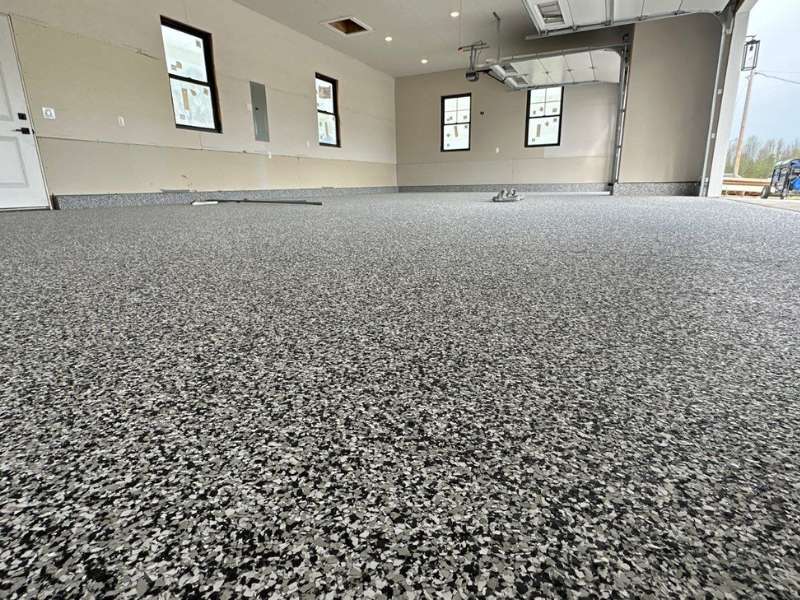
Garage Floor Sealing Service
Types of Garage Floor Sealers Available in the Market
There exists a wide variety of garage floor sealers in the market, each with its unique set of attributes.
- Epoxy Sealers: Epoxy sealers provide a tough, durable protective coating that resists stains and chemicals, making them perfect for high-traffic garages. They’re available in a broad range of colors and can be applied with a decorative flake to enhance aesthetic appeal.
- Acrylic Sealers: Acrylic sealers are typically water-based and offer good protection against oil and grease stains. They dry quickly and provide a semi-gloss finish that maintains the natural appearance of the floor.
- Polyurethane Sealers: Polyurethane sealers are known for their superior resistance to chemicals and abrasion. They provide a high-gloss finish that enhances color intensity and depth, offering a more luxurious look.
- Penetrating Sealers: Penetrating sealers, which include silicates, siliconates, and silanes, deeply penetrate into the concrete to provide excellent protection from within. They leave a natural, matte finish and are a good choice for preserving the original look of the floor.
Remember, the best type of sealer for your garage floor will largely depend on your specific needs and conditions. Factors to consider when choosing include the type and level of traffic your garage floor receives, the look you want to achieve, and your budget.
Factors to Consider When Choosing a Garage Floor Sealer
When choosing a garage floor sealer, there are several key factors to consider:
- Usage: The level and type of traffic your garage encounters should be a significant determinant in your choice. A garage used for heavy machinery or high-traffic commercial operations will require a stronger, more durable sealer like an epoxy or polyurethane sealer. On the other hand, if your garage sees light-to-moderate residential use, an acrylic or penetrating sealer may suffice.
- Aesthetics: The aesthetic outcome you desire is a crucial consideration. If you’re aiming for a more luxurious, glossy finish, a polyurethane sealer with its color-enhancing properties would be a good fit. If you prefer to maintain the natural look of the floor, a penetrating sealer should be your pick.
- Maintenance: Different sealers require varying levels of maintenance. Sealers like epoxy and polyurethane might require professional re-application every few years, whereas acrylic and penetrating sealers might need more frequent maintenance but be easier to apply.
- Budget: Prices of garage floor sealers can vary widely. While epoxy and polyurethane sealers tend to be more expensive due to their superior durability and finish, acrylic and penetrating sealers can be more budget-friendly.
- Environment: Depending on your region’s climate, certain types of sealers may perform better. For instance, in colder climates, sealers that can withstand freeze-thaw cycles would be ideal.
By considering these factors, you can make a more informed decision on the best type of garage floor sealer for your specific needs.
How to Prepare Your Garage Floor Before Applying the Sealer
Preparing your garage floor before applying the sealer is a critical step to ensure optimal adhesion and performance of the sealer. Here’s a step-by-step guide to prepare your floor:
- Clear the Garage: Start by removing all items from your garage to provide a clean workspace.
- Clean the Floor: Sweep and vacuum the floor to remove dust, dirt, and loose debris. Use a power washer if necessary.
- Treat Stains: Any oil or grease stains on the floor should be removed using a degreaser or stain remover. Allow the floor to dry thoroughly after this step.
- Repair Cracks: If there are any cracks or holes in the floor, now is the time to fix them. Use a concrete patch product and follow the manufacturer’s instructions.
- Etch the Floor: Some sealers require the concrete surface to be etched to create a suitable surface profile for the sealer to adhere effectively. You can use a commercial etching product for this step.
- Rinse and Dry: After etching, thoroughly rinse the floor with clean water and allow it to dry completely. This could take up to 24 hours or more, depending on the weather conditions.
Remember, preparation is key to achieving a successful and durable seal. The time spent preparing the floor will pay off in the longevity and appearance of your sealed garage floor.
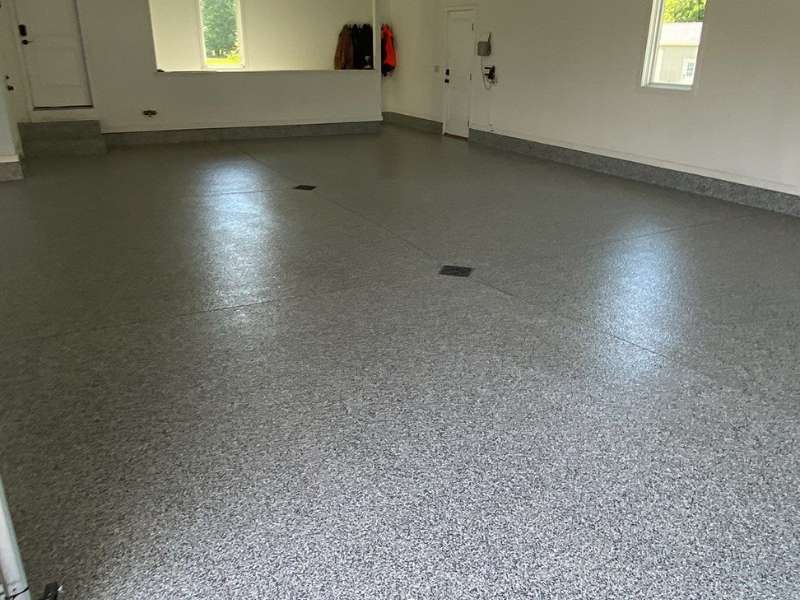
Garage Floor Sealing
Step-by-Step Guide on How to Apply the Chosen Sealer
Now that you have prepared your garage floor properly, it’s time to apply the sealer. Here’s a step-by-step guide:
- Mix the Sealer: If your sealer requires mixing, follow the manufacturer’s instructions carefully. Ensure to mix it thoroughly for the best result.
- Apply the Sealer: Using a paint roller or sprayer (as recommended by the sealer manufacturer), apply the sealer evenly across the floor, starting from the back of the garage and working your way toward the entrance. This way, you won’t step on the freshly sealed area.
- Spread the Sealer: Use a squeegee or broom to spread the sealer, ensuring it penetrates into the concrete. Remember, the aim is to create a thin, even layer. It’s better to apply two thin coats than a single thick one.
- Drying Time: Allow the sealer to dry as per the manufacturer’s guidelines. This can take anywhere from a few hours to a couple of days depending on the sealer type and weather conditions.
- Apply Second Coat: If the manufacturer recommends a second coat, wait until the first coat is completely dry before applying it. The second coat is typically applied in a crosswise manner to the first coat to ensure even coverage.
- Curing Time: After the final coat, let the sealer cure before you start using the garage. Curing time varies by product, but typically ranges from a few days to a week.
Remember, always follow the manufacturer’s instructions regarding application, drying, and curing times to ensure optimal results. A properly applied garage floor sealer can greatly enhance the durability, aesthetics, and value of your garage.
In conclusion, choosing the right garage floor sealer and properly preparing and applying it can greatly improve the functionality and appearance of your garage. Consider your specific needs, budget, and environment when selecting a sealer, and carefully follow the steps outlined in this guide for optimal results. With the right sealer, you can protect your garage floor from wear and tear while also achieving a professional and polished look.
https://www.google.com/maps?cid=1810621540998150883.

I’m Nathan Endres, owner of Premier Edge Concrete Solutions. I ensure every project showcases quality and excellence. Specializing in landscape curbing and floor coatings, my team and I serve Grand Rapids, MI, with a focus on providing reliable and affordable craftsmanship.
